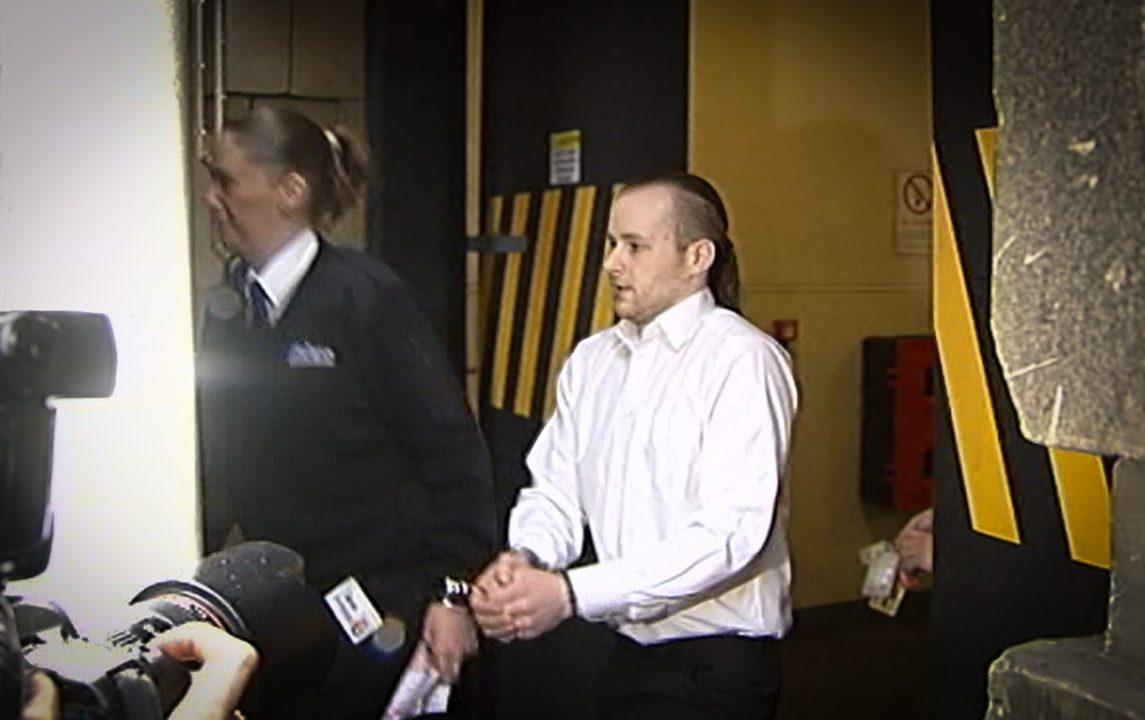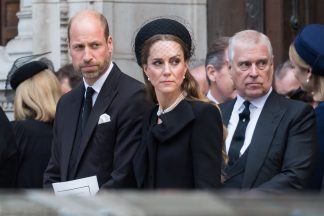Convicted murderer Luke Mitchell has failed to win a legal battle at Scotland’s highest civil court over a parole board decision to deny him his freedom.
Mitchell was 14 when he stabbed Jodi Jones to death in woods near her home in Dalkeith, Midlothian, in 2003, and he was later sentenced to serve a minimum term of 20 years before being eligible for parole.
The 36-year-old killer instructed lawyers to go to the Court of Session in a bid to show that the board acted unlawfully in how it decided to keep him in jail last April.
His advocate, Shaun McPhee, argued earlier this month that the hearing was procedurally unfair and failed to consider all of the evidence.
The court heard that Mitchell wanted the hearing adjourned to consult his lawyer about a report detailing the risk assessors thought he posed to public safety.
Mitchell had the report in a redacted form – whilst the parole board had it in an unredacted form.
Judge Lady Haldane heard that the board decided not to consider the report in its deliberations.
It used other evidence to make its findings that Mitchell should remain in prison.
The panel board refused to adjourn proceedings.
Mr McPhee said the board should have considered the report in its deliberations and his client should have been given access to the unredacted version of it.
He said the board’s decision not to consider the report in its deliberations was unlawful, and this was despite the fact that it contained information that would not have assisted Mitchell’s case.
Lawyers for the parole board told Lady Haldane that the organisation acted lawfully.
Advocate Mark Lindsay KC told the court that the author of the report was a doctor who Mitchell believes to be so “biased” that the killer is reporting him to the General Medical Council about his alleged failures.
Mr Lindsay said he couldn’t understand why Mitchell thought the report could have assisted his parole bid.
He added: “The petitioner believes this to be a fundamentally flawed report and yet considers it to be procedurally unfair for the respondents not to have considered it.”
In a written judgement issued by the court on Wednesday, Lady Haldane rejected the arguments made to her by Mr McPhee.
She wrote: “There is, therefore, no objective justification for concluding that the procedure adopted in this case was unfair.
“The… reports which, as the respondent pointed out, are (i) adverse in their conclusions so far as the petitioner is concerned and (ii) in any event heavily criticised by the petitioner, was not taken into account in the assessment of risk.
“This approach accorded entirely with the relevant rules and guidance and in any event was not unfair to the petitioner.
“There is no basis to conclude that the members of the panel, skilled and experienced in the work that they do, did not do as they stated and put the terms of those reports out of their minds in their initial consideration of risk.
“They felt able to reach a unanimous conclusion based on the other material before them. Again, there is nothing procedurally unfair in their doing so.
“No doubt the petitioner feels aggrieved at their conclusion. That is unsurprising from his perspective and may well lead to feelings of resentment.
“However it is to be expected that the petitioner may well resent any outcome which is not the one that he hopes for. That does not mean that the process itself, considered from a ‘360’ perspective, was unfair.”
Mitchell had been dating Jodi for four months when he killed her in what Judge Lord Nimmo Smith later described as “a truly evil murder”.
Jodi had failed to return home on the evening of June 30, and Mitchell claimed to have been alerted to her body by his dog while out looking for her.
She was discovered with her hands tied behind her back, her throat cut, and her body repeatedly slashed.
Following a ten-month police inquiry, Mitchell was accused of her murder and was 16 when he was convicted at the High Court in Edinburgh in 2005.
He has lost four appeals but has attracted a significant following of online supporters convinced of his innocence since a TV documentary was aired in 2021.
After Mitchell’s parole bid was refused, a relative of his victim said: “If this man was released, I would fear for women.
“He is a dangerous killer and should remain inside for a long time to come.”
Mitchell was jailed in February 2005 but became eligible for parole last April because the time he spent on remand ahead of his trial is taken into account.
Legal papers lodged during the action told of how Mitchell thought parole board members were “more concerned about the feelings of a victim of his offending than his battle to win freedom”.
The papers tell of how he wanted the hearing adjourned as panel members had access to a report about him which he possessed only in redacted form.
Mitchell was still given a chance to consult with a lawyer by phone.
However, he was aware that a “victim of the offence” was observing proceedings, and he got the impression that the panel was more concerned about the impact the adjournment would have on them than the fairness of his hearing.
Mr Lindsay told the court that the parole board was obliged to hold another parole board hearing before April this year – the panel at that would consider all evidence about Mitchell’s suitability for release afresh.
In her opinion, Lady Haldane stated that she was going to “refuse the petition”.
She added: “I will reserve all questions of expense meantime.”
Follow STV News on WhatsApp
Scan the QR code on your mobile device for all the latest news from around the country


 STV News
STV News

























